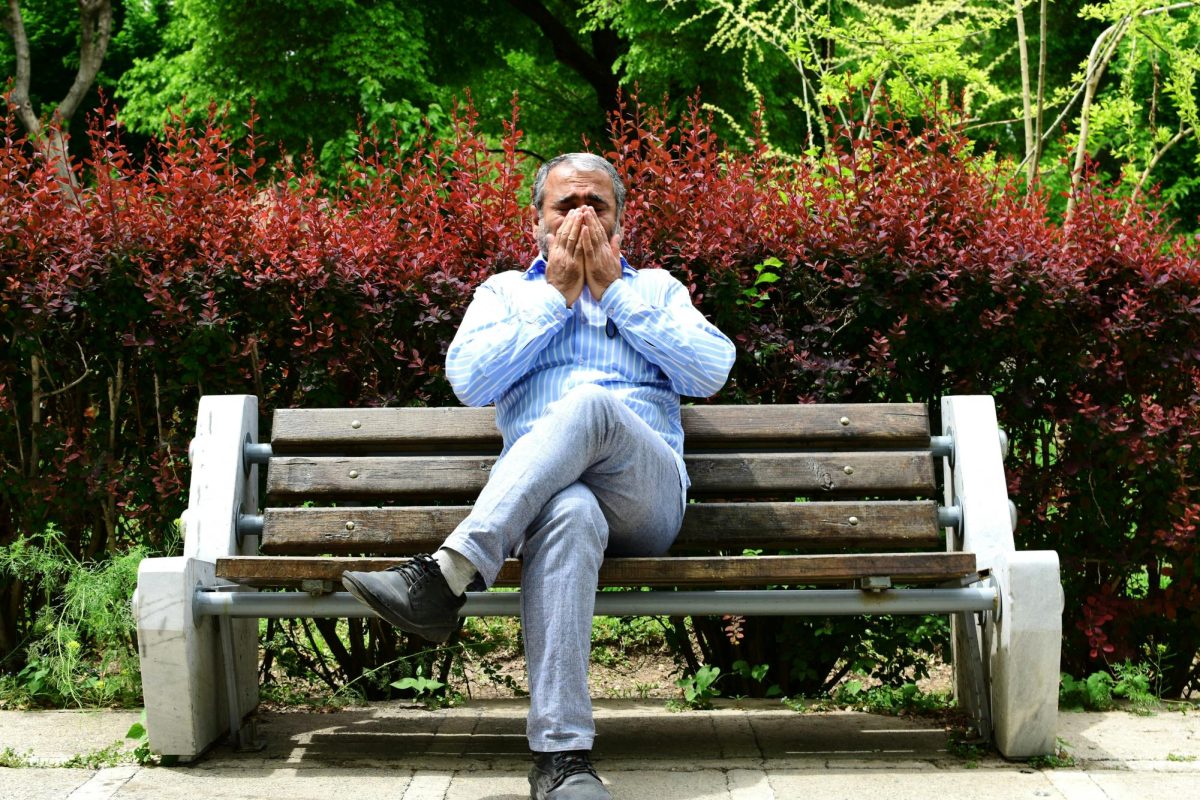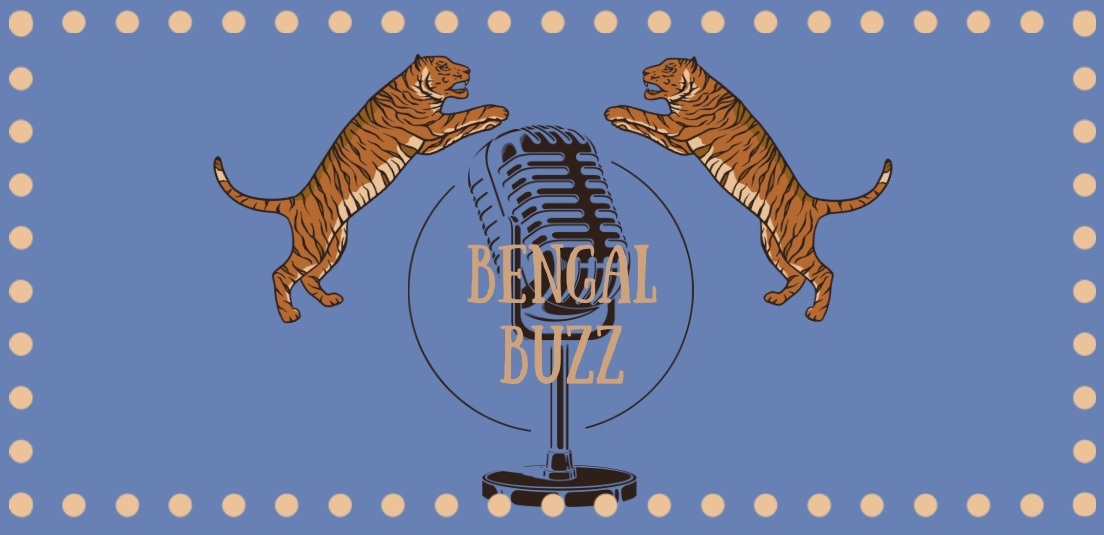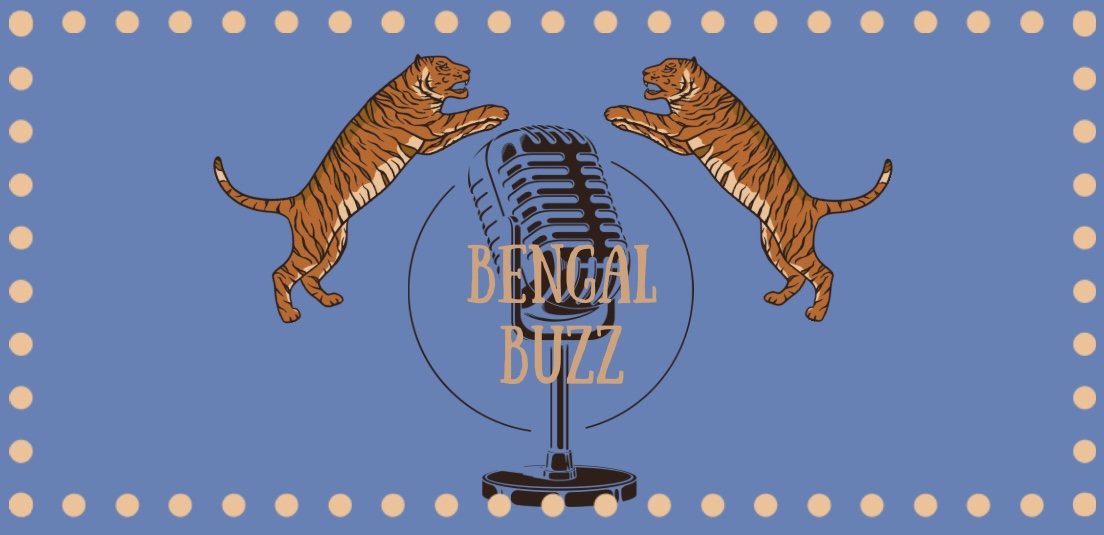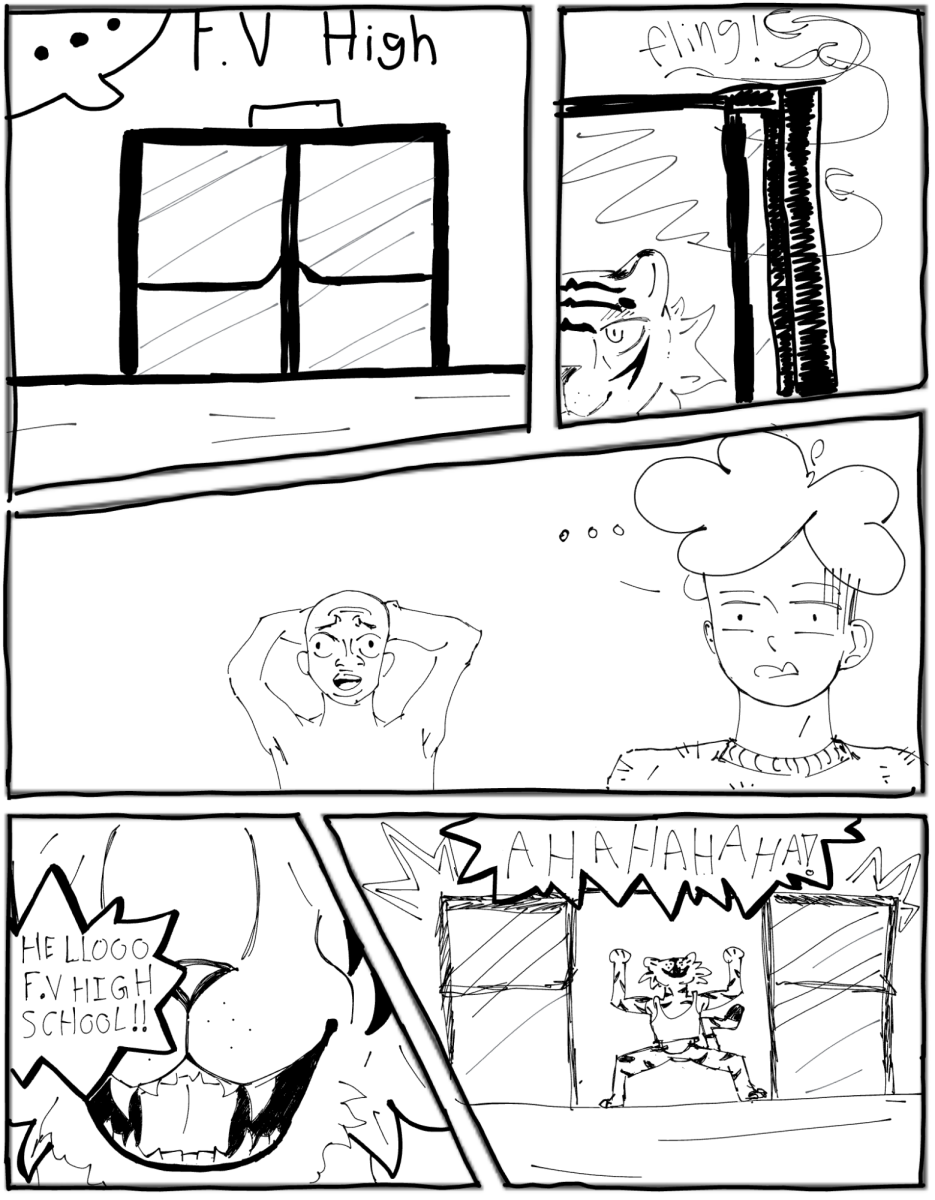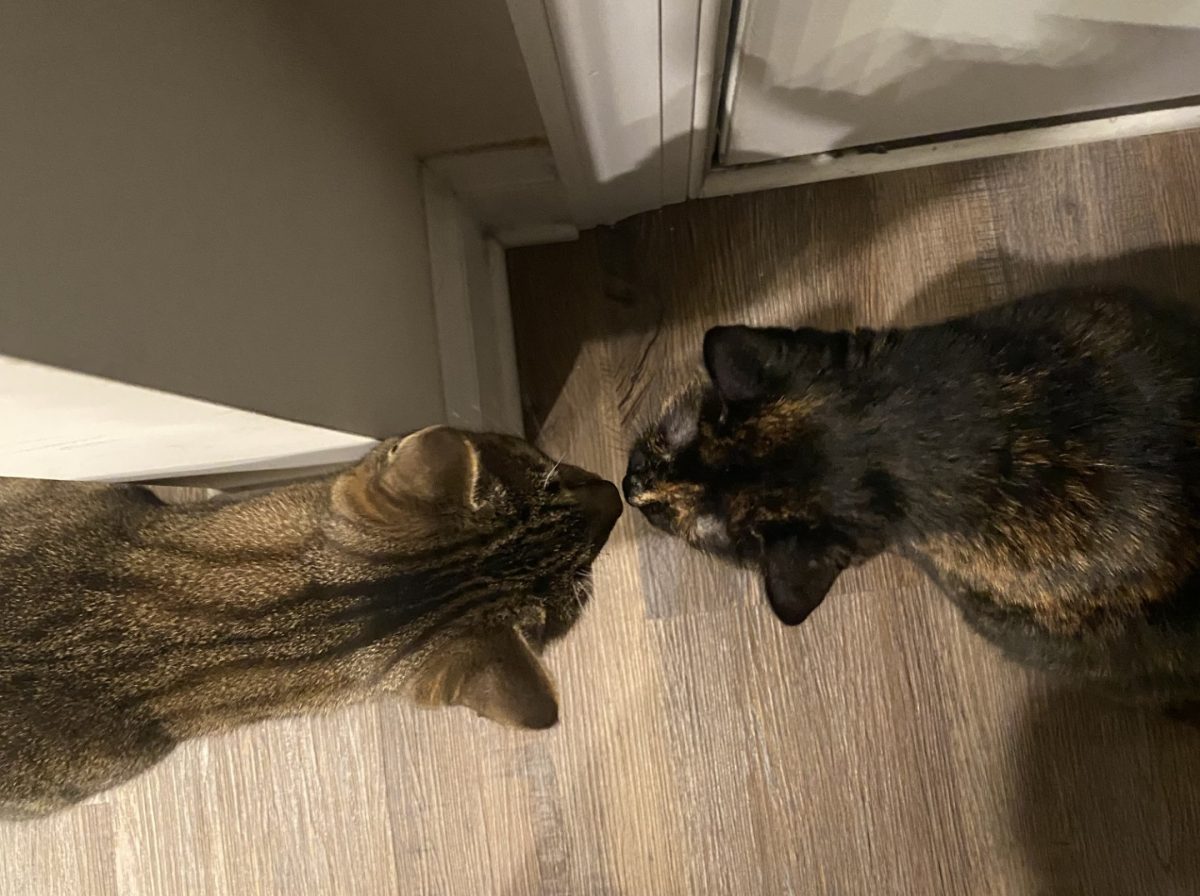If someone sneezes in a crowded room and doesn’t receive the customary ‘bless you,’ nothing bad happens. No one becomes sicker than they would’ve been. Nobody is more vulnerable to devilish spirits or socially shunned. The silence afterwards is only awkward because we expect noise, not because the words serve a purpose. The phrase ‘bless you’ or ‘god bless you’ is of English origin, but is rooted in ancient Roman beliefs and practices.
Using that phrase when someone sneezes is a practice that is only performed out of habit and the subconscious desire for social conformity. People often conform to such habits and gestures for reasons like social bonding or the desire to seem more polite.The validity of the phrase is based on ancient superstitions that the majority of people no longer believe. So why is the phrase still such a widespread saying?
In the sixth century, it was believed that when a person sneezed, it allowed evil spirits to enter that person’s body, making your soul vulnerable to transmission of the devil and other things of that nature. Thanks to science, we now know that a sneeze is just a natural biological process that has nothing to do with evil spirits or becoming possessed.
Additionally, the saying was supposed to protect those around whoever sneezed from evil spirits expelled out of the person. It was believed that once those evil spirits left a person’s body during a sneeze they would be able to enter the bodies of the surrounding individuals.
Some may argue that the ‘bless you’ has simply evolved into a polite gesture that signifies wishes of good health, and its past superstitious uses are irrelevant.
Despite the new societal meaning of the phrase, it was created to wish people health and wellness because sneezing was typically an early symptom of the bubonic plague, a disease of very little prevalence today. People don’t need spiritual protection from allergies or the common cold. Sneezing is no longer a deadly concern like it was hundreds of years ago, when it could be a sign of something more harmful. The phrase ‘bless you’ has evolved into the polite gesture most people see it as today, but this “courteous” tradition has only survived because society sees it as the social norm, which isn’t a good basis for your habits.
Ultimately, the phrase ‘bless you’ has lost its original meaning and practicality in everyday life. What began as a verbal response to a fear of disease, death and devilish things has now transformed into a hollow reflex.
While some may merely view the saying as a harmless courtesy, its continued use is more centered around societal expectations than genuine well-wishes. There are many common habits that have evolved like this and are no longer performed with the same intent.
For example, clinking glasses together during a toast was originally implemented to deter poison but is now just a symbol of camaraderie.
There’s nothing wrong with these gestures and sayings if they’re meant with genuine intent, but if they become empty habits you’re blindly expected to follow, the intention and meaning behind them are diluted. Whether you continue saying ‘bless you’ or not is a personal choice, but it’s definitely worth questioning why we cling to rituals that no longer serve us.
The next time someone sneezes, remember: When words and actions lose their meaning, they become noise, and society needs to stop mistaking noise for kindness.







